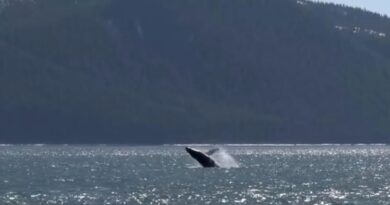Research Vessel Sets Off For Arctic With Over 50 Scientists On Board To Study Deep Sea Ecosystem
The German research icebreaker Polarstern has set off for the Arctic where dozens of scientists will investigate the effects of environmental change in the deep-sea’s ecosystem.
Over 50 scientists from the Alfred Wegener Institute for Polar and Marine Research (AWI) in Germany will continue ongoing research which started at the Long-Term Ecological Research Hausgarten (House garden) more than two decades ago in the Farm Strait passage between the islands of Greenland and Svalbard.
The researchers hope to investigate the effects of the environmental changes which occurred in the deep Arctic Ocean’s ecosystem after the famous research vessel set sail on Monday, 24th May.
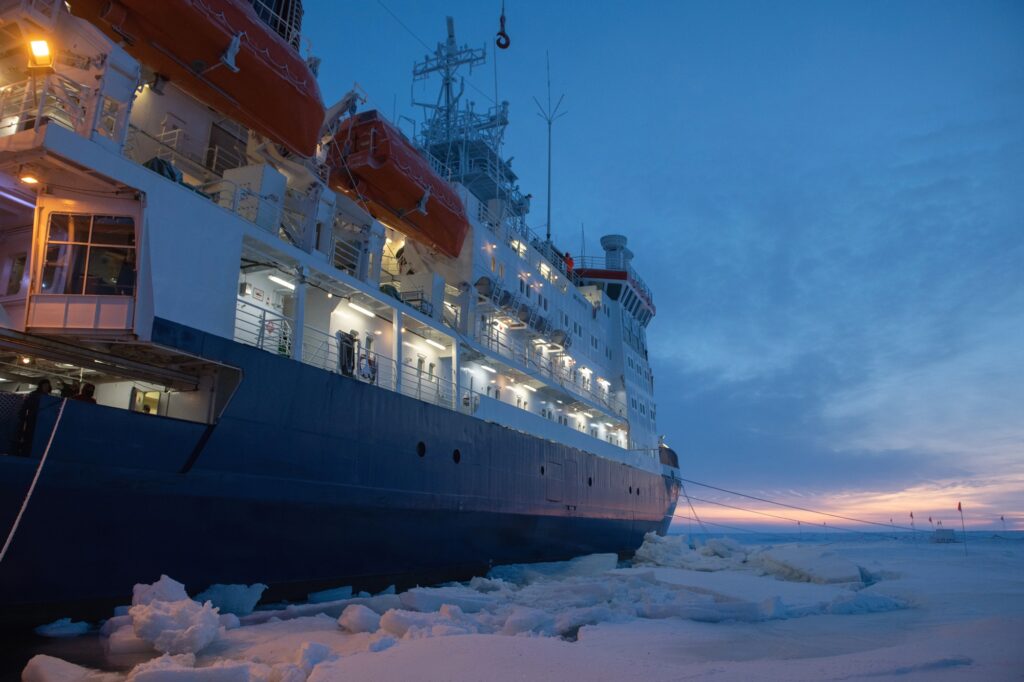
The research icebreaker Polarstern (‘polestar’ in German) is mainly used for research in the Arctic and Antarctica.
The double-hulled ship, which is 118 metres (387 feet) long, was built by the German shipbuilding company Howaldtswerke-Deutsche Weft, headquartered in the city of Kiel and the Nobiskrug shipyard located in the town of Rendsburg and was commissioned in 1982.
It is currently on its way to the Hausgarten observatory which consists of 21 permanent stations covering depths ranging from 250 to 5,500 metres (820 to 18,000 feet).
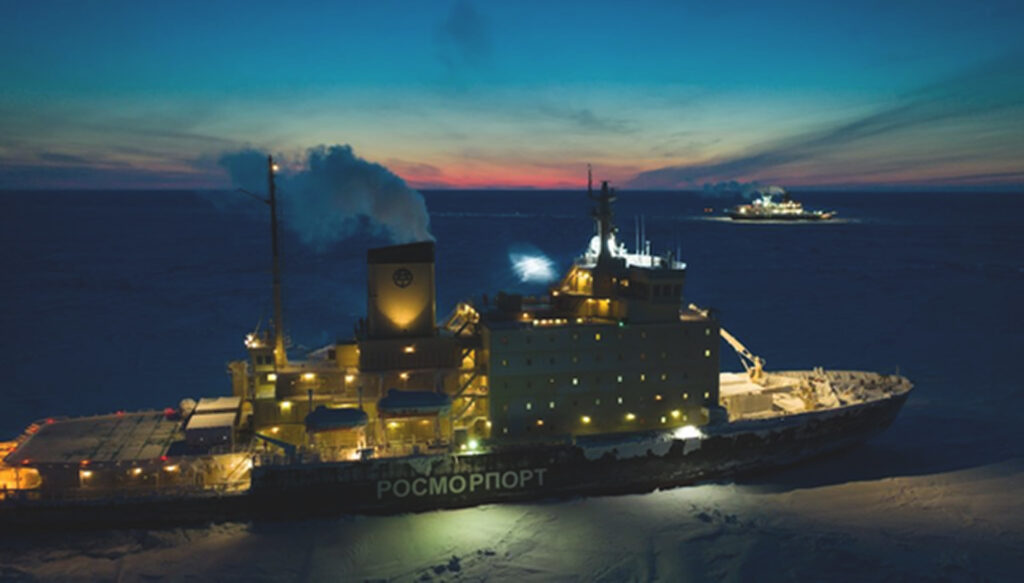
Dr Thomas Soltwedel who is a marine biologist at the Helmholtz Centre for Polar and Marine Research at the Alfred Wegener Institute (AWI) explained that the changes in the Arctic due to rising water temperatures and sea ice drawing in contributing towards new ecosystem shifts.
He added: “Our aim is to identify and quantify the changes in the ecosystem and to investigate feedback effects on oceanographic processes.”
According to AWI data, the past decades have remarkably changed the Arctic, but scientists have not yet determined whether these modifications are temporary, long-term or if they will create a new equilibrium.
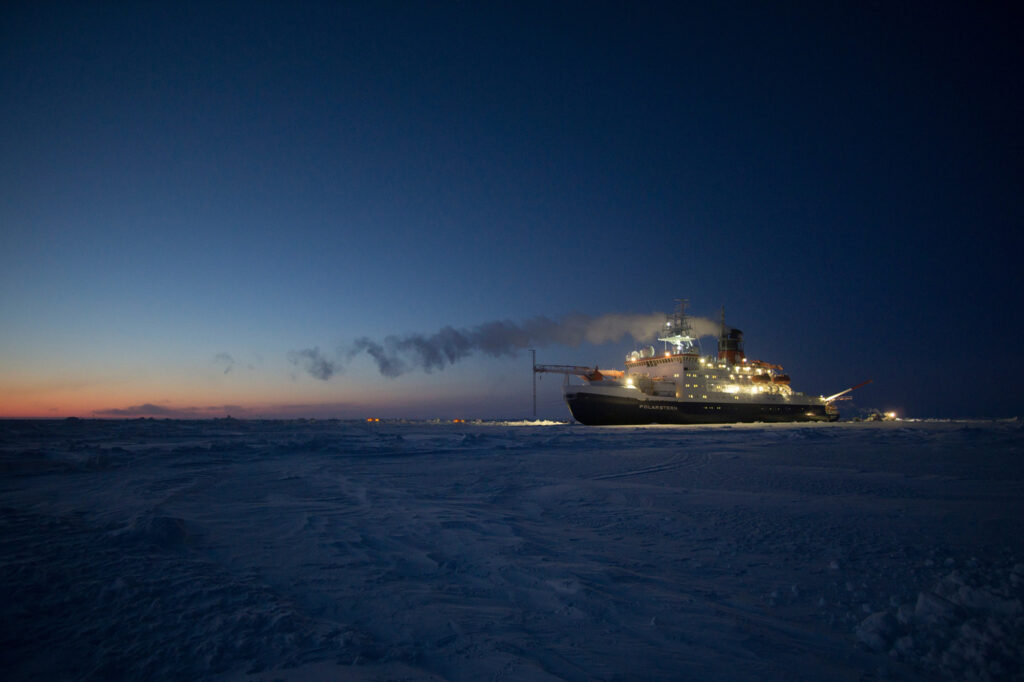
Nevertheless, these alterations are expected to have a direct influence on the food chain and on how the ecosystem works.
Soltwedel, who is also head of the Deep-Sea Ecology and Technology Department at the Alfred Wegener Institute, added: “Our investigations include identifying spatial and temporal changes in the functions of selected plankton and benthic communities.”
The team of scientists say their goal is to use the data obtained from the current and former observations and create a database to help future research.
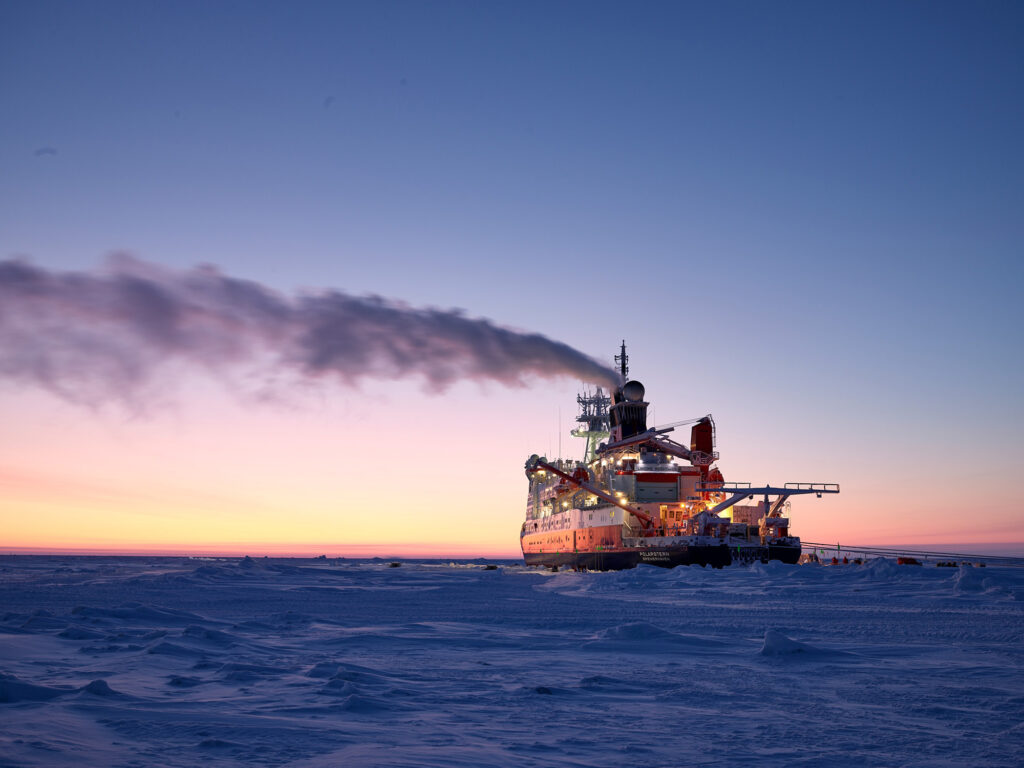
Further installations, as part of the FRAM (FRontiers in Arctic marine Monitoring) Ocean Observing System, are also planned and are going to be set up during the expedition.
FRAM’s aim is to continue research by starting at the ocean’s surface to deep sea levels and to obtain fresh data on Earth system dynamics as well as on environmental changes related with the climate and its influence on the ecosystems.
Soltwedel said: “The data from the observing system will contribute to a better understanding of changes in ocean circulation, the characteristics of the water masses, and sea-ice retreat, as well as their impact on the Arctic’s marine ecosystem.”
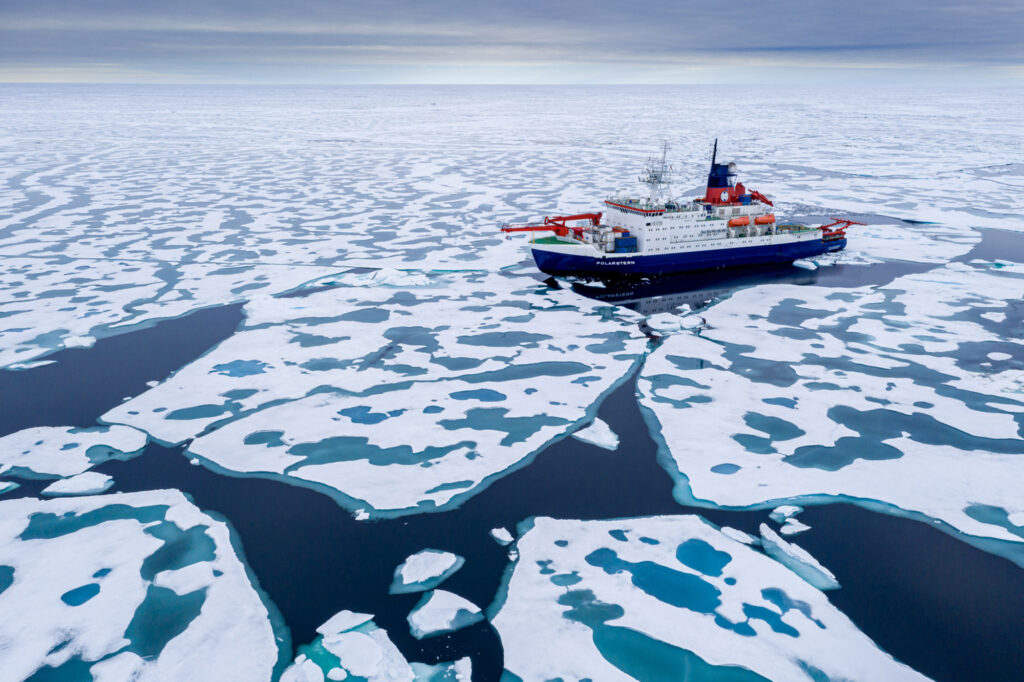
The team plans to use autonomous unmanned aerial vehicle (UAV), as well as various autonomous underwater vehicles (AUVs) on the ocean floor.
The scientists working on this project are hoping to study the plastic waste load in the ocean by monitoring the vertical flows of plastic at the surface and on the ocean floor while observing interactions between plastics and marine organisms at the same time.
The team, consisting of over 50 participating scientists and over 40 crew members, spent two weeks in strict quarantine at a hotel in the city of Bremerhaven which is located at the seaport of the Bremen which is a state of the Federal Republic of Germany.
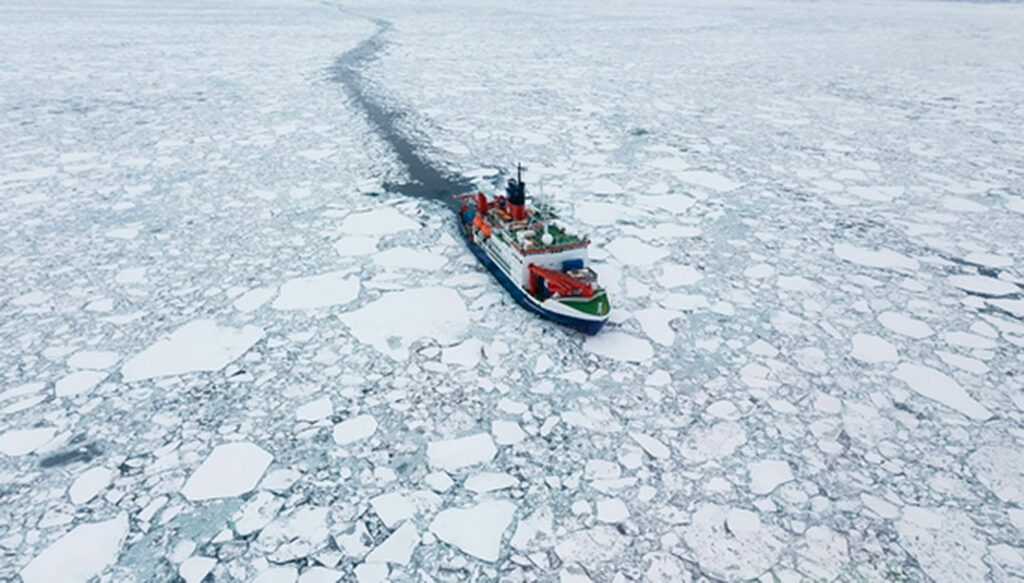
According to the procedures after three negative COVID-19 PCR tests they were given a green light for the start of the expedition.
RV Polarstern is expected to arrive back in its home port of the city of Bremerhaven on Monday on 28th June 2021.


